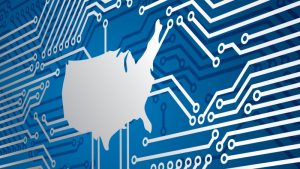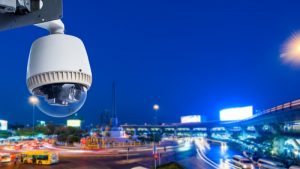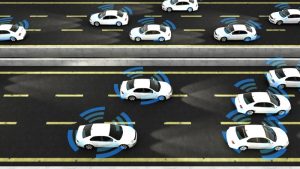In their State of the States remarks for the National Governors Association, Chairman and Virginia Gov. Terry McAuliffe, and Vice Chair and Nevada Gov. Brian Sandoval emphasized the importance of cybersecurity investment and communication between the Federal government and state governments.
The Department of Energy is investing $4 million to build electric highway corridors throughout Utah, Wyoming, and Idaho.
The National Association of State Chief Information Officers is advocating for increased cybersecurity partnerships with the Federal government, according to its 2017 advocacy agenda.
The California Integrated Data Exchange and Inland Empire Health Information Exchange announced a merger that will create California’s largest and most comprehensive nonprofit health information exchanges.
Georgia Gov. Nathan Deal announced $50 million in funding to the Georgia Cyber Innovation and Training Center. The state-owned center, located in Augusta, will bring together academia, private industry, and government to establish cybersecurity standards, best practices, and protocols for responding to cyber threats across state and local agencies.
Before Lt. Gov. Cyrus Habib stepped into office, the Washington State Senate received a technology overhaul. Habib is the state’s first blind lieutenant governor, and the Senate’s meetings room needed new technology to accommodate him.
A bill filed last month with the California Senate for the 2017 legislative session would prohibit the acquisition of new surveillance technology without local government approval, as well as require all law enforcement agencies to submit a comprehensive Surveillance Use Policy.
The state of Michigan would not be able to recover its information systems or sustain its businesses processes if it were hit by a cyberattack, according to Michigan’s auditor general.
California has budgeted $3 million to analyze high-resolution aerial images of 410 urban water suppliers’ areas throughout the state. Water regulators will combine data from those images with data on climate, as well as other factors, to assist state officials in calculating new community-specific conservation targets.
Michigan Gov. Rick Snyder signed legislation to allow operation of autonomous vehicles on Michigan roadways.













